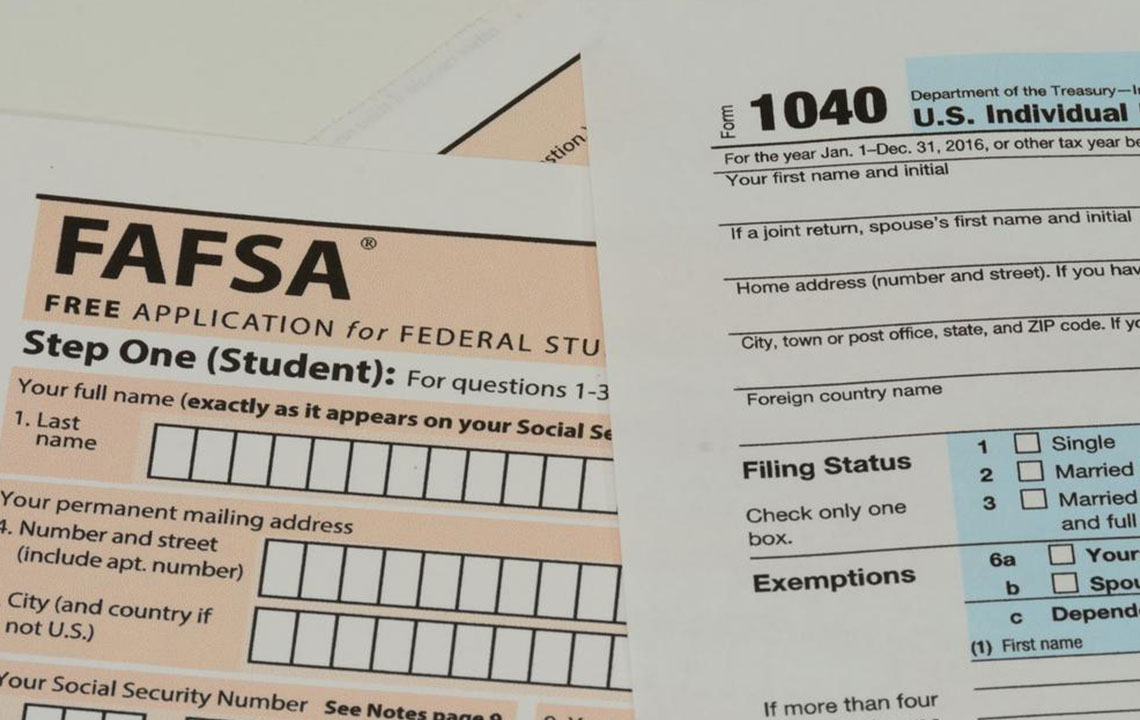Comprehensive Guide to Securing Scholarships for African American Students
This comprehensive guide offers valuable tips for African American students seeking scholarships. From maintaining a strong GPA to choosing the right field of study, staying aware of deadlines, and understanding scholarship funding, the article provides strategic advice to maximize scholarship opportunities. Proper preparation and early planning are emphasized as key to success in securing financial aid, reducing educational expenses, and achieving higher academic and career goals. Ideal for students and parents aiming to navigate the competitive landscape of educational funding.

Essential Strategies for Applying for African American Scholarships
Key considerations to maximize your chances of winning African American scholarship opportunities
In recent years, the landscape of higher education has become increasingly inclusive, with a growing number of scholarships aimed specifically at supporting African American students. These financial aid options are part of broader diversity initiatives designed to promote equal access to education and foster a more representative student body across American universities. By understanding the key requirements and strategic tips, applicants can enhance their prospects of securing scholarships that can significantly reduce financial barriers and help achieve their academic aspirations.
1. Academic Excellence (GPA): One of the most critical eligibility criteria for most African American scholarships is a strong academic record. Typically, scholarship applicants need to maintain a minimum Grade Point Average (GPA) of 3.0 on a 4.0 scale. Some highly competitive awards may demand even higher GPAs, such as 3.5 or above. Maintaining consistency in academic performance is essential; fluctuating grades can jeopardize your chances. Furthermore, applicants should focus on excelling in advanced coursework, securing good standardized test scores, and demonstrating a commitment to academic excellence throughout high school or college.
2. Choosing the Right Field of Study: Many scholarships are designed to support students pursuing specific academic disciplines. Whether your interest lies in healthcare, business, information technology, engineering, liberal arts, or education, there are scholarship programs tailored for your field. Carefully research available scholarships that align with your major, and consider applying to multiple ones to increase your success odds. Highlighting your passion and career goals related to your field in your application essays can also strengthen your case.
3. Ethnic and Demographic Eligibility: Some scholarships are exclusively reserved for African American students, while others are open to a broader range of minority groups, such as Native Americans, Hispanic Americans, or multiracial students. Carefully review the scholarship criteria to ensure you meet their ethnic or demographic requirements. Applying for multi-ethnic or broader minority scholarships can expand your opportunities and improve your chances of securing financial aid.
4. Staying Vigilant on Deadlines: Deadlines are critical to the scholarship application process. Missing a deadline means missing out on potentially life-changing financial aid. It is advisable to create a calendar that tracks all relevant deadlines for each scholarship you are interested in. Consider setting reminders well in advance of submission dates, and start gathering required documents early. Preparing your application materials, such as transcripts, recommendation letters, and essays, in advance helps to avoid last-minute stress and errors.
5. Assessing Scholarship Amounts and Funding Needs: Scholarships vary widely in their financial value, from small awards covering books or supplies to full-ride scholarships covering tuition, room, and board. Determine your financial needs carefully and prioritize scholarships that adequately meet those needs. Combining multiple scholarships is often permissible and can make a significant difference in affordability. Always verify whether combining awards is allowed and whether they can be stacked to fully cover your educational expenses.
6. Application to Colleges and Universities: Not all institutions offer their own scholarships; therefore, it is crucial to research each college’s scholarship offerings and application procedures. Most public universities and state schools have straightforward application processes, while private colleges may have more competitive or specialized programs. Checking specific eligibility requirements, application forms, and supporting documents can streamline your process and improve your chances of acceptance. Contacting the admissions or financial aid office can also provide valuable insights into available opportunities.
Following these detailed steps can substantially improve the likelihood of securing an African American scholarship. Success often depends on thorough preparation, attention to detail, and proactive planning. By starting early, maintaining a strong academic record, and carefully preparing your application materials, you increase your chances of obtaining financial aid that can facilitate your educational journey. Remember, scholarships are not just financial tools but also recognition of your achievements, potential, and dedication to your future career.





